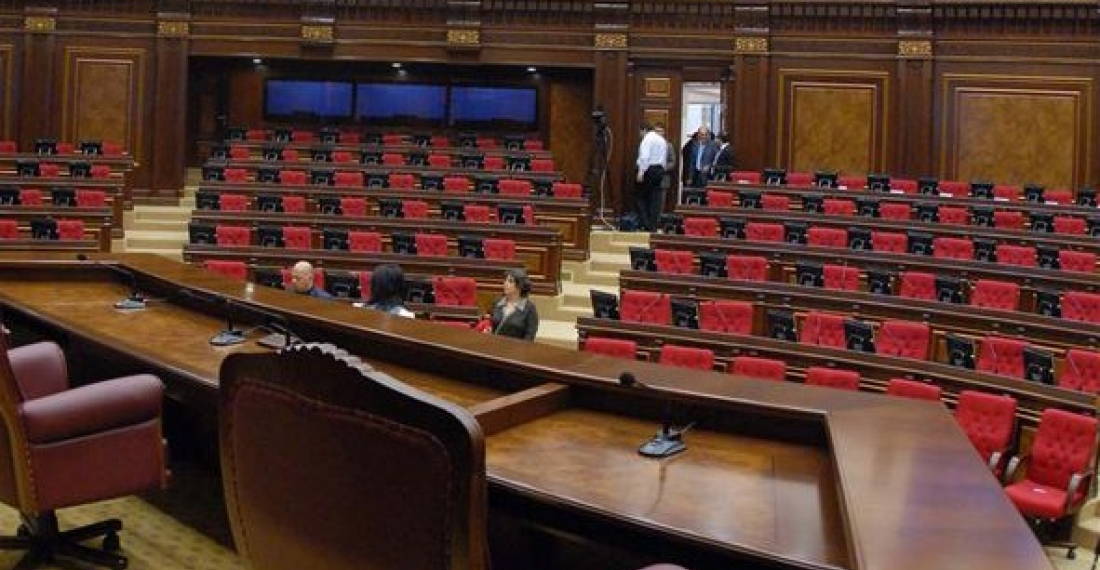The new Armenian parliament will convene for its first sessiion on Monday, 14 January. The Armenian Central Elections Commission has finalised the results of the 9 December elections, taken note of those who have rejected their mandate - largely due to the fact that they will occupy positions in the government - and issued the list of elected MPs.
There will be three political forces represented in the new parliament. The "MY Step"party of Nikol Pashinyan will dominate the parliament, refelecting its landslide win in the December elections, and the continued personal popularity of Pashinyan. Also represented in the parliament will be Prosperous Armenia - a traditional party led by Gagik Tsarukyan, a familiar face in Armenian politics over the last decade who has survived the recent changes due to some genuine grass root support. The third party, "Bright Armenia" is an interesting pro European political force which has chosen to assume an opposition role, despite sharing many broad policies with the new ruling My Step Party.
None of the parties that can be described as the hard opposition will be represented in the parliament, namely the Republican Party of Armenia (RPA), the political force that ran the country from 2008-2018, as well as ARF -Dashnaks, who were often their partners in government.
Beyond the political allegiances, the new parliament will be overwhelmingly dominated by new faces - many young - who have no experience of parliamentary politics, but are very enthusiastic and keen to push forward reforms in many aspects of Armenian life. It is likely that parliament will play a key role in giving life to Nikol Pashinyan's vision of a new Armenia. But with the extra parliamentary opposition likely to remain vocal and influential, parliament's engagement with non parliamentary political forces will also be an interesting feature of political life going forward.
In its first sessions parliament will also appoint key office holders, including Speaker and deputy Speakers, and the leadership of parliamentary committees.
source: commonspace.eu







